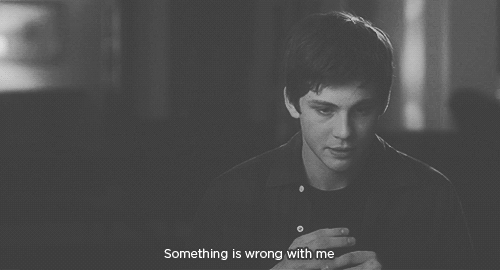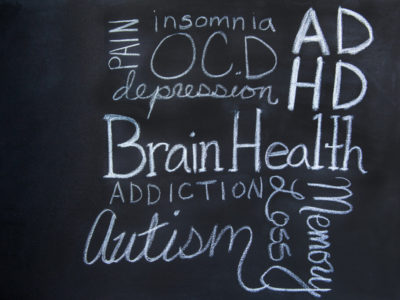Mental health always seems to be a touchy subject. Everyday, I watch people shudder at the word “therapy,” and hear classmates—even good friends—condescendingly poke fun at people who have “mental issues.” When did this become the norm? Who said it was okay to stigmatize mental health?

In the competitive college culture, perhaps it’s more important than ever for students to take their mental health seriously. Whether this means seeking therapy, getting ample sleep or eating correctly, mental health needs great attention for the sake of the individual and his or her community.
As a junior at the University of Virginia., I’ve experienced a handful of trials in dealing with mental health. During my freshman year, I struggled with a period of depression, not actually knowing what it was until weeks into recovery. My confusion about my mental state took a huge toll on my physical health and tainted many of my relationships. Later, I was diagnosed with bipolarism after a summer of hypomanic episodes. This finally explained my emotional rollercoaster of ups and downs.
With bright light now shed on my journey, I can only hope to help those who experience mental challenges. Moreover, I hope to set a precedent of openness that encourages others to address their own struggles.
All too often, people hide or ignore mental issues out of embarrassment. Society promotes this embarrassment by shying away from addressing the mere existence of mental disorders. Admitting faults or asking for help can certainly be challenging—especially when everyone around you seems like he has his whole life put together.
The best way for people to feel more comfortable tackling their mental issues is by establishing a strong social support from friends, family and university services. Although my case seems a little intense, there are so many similar cases and variations of mental health situations that people deal with today, whether it’s obvious to you or not.
For example, I recently heard people questioning the validity of S.A.D. (Seasonal Affective Disorder). According to Mental Health America, the “winter blues” are actually a real phenomenon and those who experience these intense emotional waves deserve to be taken seriously. It makes all the difference when somebody simply listens to her neighbor, roommate or friend when she needs to vent or ask for help.
Since the beginning of time, human beings naturally sought connection and understanding from one another. Therefore, it’s important for people to remember their shared empathy as humans and talk kindly and sympathetically to those who need a shoulder to lean on at times. Beyond your own warm words and open ears, it helps to prepare a set of sources that people can seek for further help.
Be aware of your university’s professionals who are dedicated to helping students lead healthy lives during their precious time in college. At UVA, Counseling and Psychological Services (CAPS) is a great place to seek therapy and other solutions for mental health instances if you feel that you can’t overcome the disorder on their your or are confused about the source of your symptoms. No matter what school you go to, don’t be afraid to scope out the psychological services that were created specifically to help you.
For a long time, I felt guilty about feeling down. After speaking with a therapist—someone completely removed from my situation—I received the full attention and feedback I needed. I found great clarity and comfort in the weary fog, restoring health relationships and rediscovering the beauty of life.
Beyond these sources, we should all remember to simply be a friend and do the right thing. If you see a something seems wrong, step in and intervene. If your friend seems off, ask to spend time with him or even take advantage of the outdoors.
Just like the hardest step to writing an essay is getting it started, often the hardest part about any health situation is taking the first step in the right direction. For mental health issues, that first step is admittance.
College can seem chaotic and overwhelming, but mental health can never be taken for granted or viewed as a stigma. It’s the responsibility of community members to look out for themselves and their colleagues. We must not forget that happiness starts with a healthy mind, one that’s nurtured and able to take on the busy schedule of a college student.



















